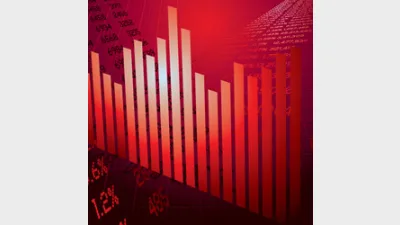van Eyk changes ETF ratings system



van Eyk Research has changed its ratings system for exchange-traded funds (ETFs) to reflect the important differences between ETFs and other managed funds, the company has announced.
Under the changes, ETFs which participate in a review and undergo the initial screening process can only be rated an A or B.
If there is a high probability the fund would track its underlying index, has strong portfolio construction and is part of a "well-run business", it will be awarded an 'A'.
However, if it lacks qualities and is unlikely to produce returns similar to the index, it will receive a 'B' rating, van Eyk Research stated in its announcement.
So-called risk ratings will also be assigned to ETFs' investment strategy and on the underlying index they track.
Investors have a simple and unambiguous aim when investing in ETFs and that is to receive a return that closely matches the return of the underlying index, according to head of ratings Matt Olsen.
"ETFs either do the job they were designed to do or they don't," Olsen said.
"To be useful to an investor, the rating on an ETF needs to give them confidence that the ETF would achieve its objectives and deliver the desired exposure."
van Eyk Research had released its first ratings under the new system, assessing two 'smart beta' ETFs from Russell Investments.
Recommended for you
Evidentia’s chief investment strategist Nathan Lim has announced his retirement after a 30-year career.
GQG Partners has marked its fifth consecutive month of outflows as its AI concerns lead to fund underperformance but overall funds under management increased to US$166.1 billion.
Apostle Funds Management is actively pursuing further partnerships in Asia and Europe but finding a suitable manager is a “needle in a haystack”.
Managed account provider Trellia Wealth Partners, formed from the merger between Betashares and InvestSense, has appointed its first managing partner.










